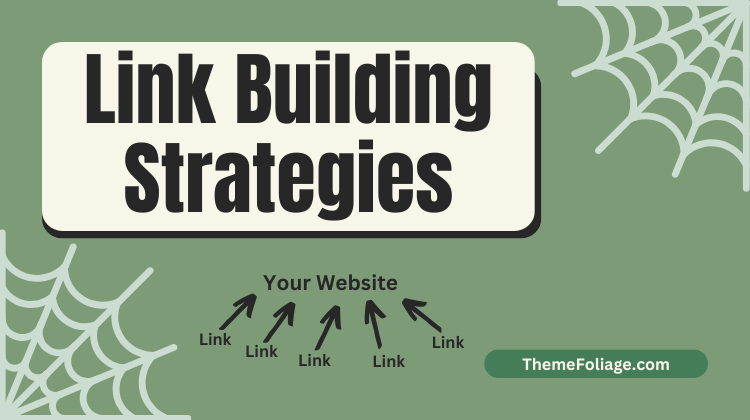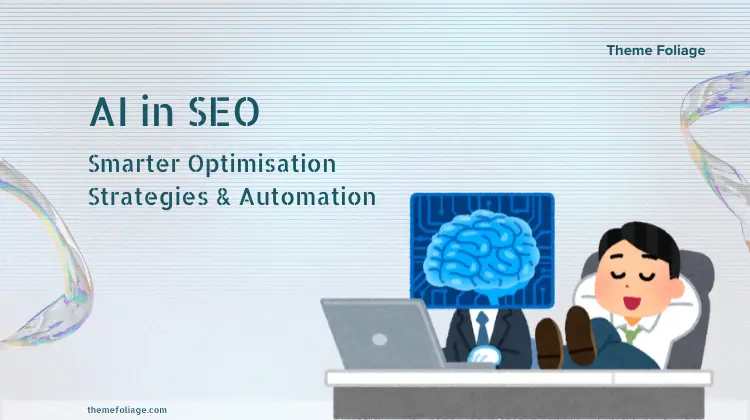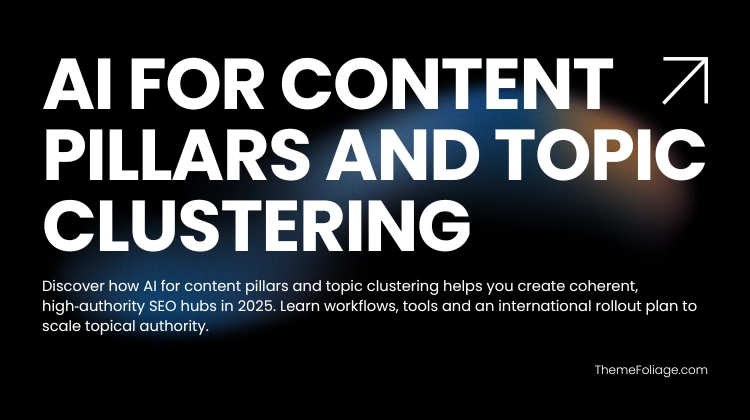Despite constant algorithm updates, backlinks remain one of Google’s strongest ranking factors. But the way we build links has evolved.
In 2025, quality, relevance, and authenticity matter more than ever. This guide reveals which link building strategies still work, and which ones to leave behind.
1. Focus on relevance over quantity
Gone are the days of mass directory submissions and link swaps. In 2025, search engines prioritize backlinks from relevant, contextually aligned websites.
- Build links only from websites in your niche or related industries.
- Avoid general blog networks and PBNs, they’re risky and offer no long-term value.
- Use content collaborations or expert mentions for natural backlinks.
2. Leverage digital PR campaigns
Digital PR has become the modern link building powerhouse. When done right, it earns high-quality backlinks from media outlets, industry blogs, and authoritative domains.
- Publish unique data studies or industry reports that journalists can reference.
- Use tools like HARO (Help A Reporter Out) or Qwoted to connect with journalists.
- Pitch press releases that highlight newsworthy achievements, not just promotional content.
3. Create linkable assets that attract backlinks naturally
The most sustainable backlinks come from content people want to link to. These are called linkable assets.
- Data-driven studies or surveys in your niche.
- Ultimate guides or in-depth tutorials.
- Infographics or visual explainers.
- Free tools, templates, or calculators that provide real value.
Promote these assets via outreach, social media, and communities like LinkedIn and Reddit.
4. Guest posting: still valuable if done right
Guest posting is not dead, but the rules have changed. In 2025, it’s all about quality contributions and real editorial value.
- Choose websites with real traffic and audience engagement.
- Write unique, high-quality articles, avoid generic “SEO filler.”
- Link contextually within content rather than forcing keyword-rich anchors.
- Use branded or natural anchor text to avoid penalties.
5. Use relationship-based link building
Strong relationships lead to long-term backlink opportunities. Build connections, not just links.
- Engage with influencers and bloggers in your niche.
- Collaborate on podcasts, webinars, or interviews.
- Offer expert quotes or co-authored content for mutual benefit.
These relationships often lead to recurring backlinks and mentions across platforms.
6. Broken link building still works
This classic strategy continues to deliver results when done correctly. Find broken links on relevant websites and suggest your content as a replacement.
- Use tools like Ahrefs Broken Link Checker or Check My Links.
- Reach out politely, pointing out the broken link and offering your content as a fix.
- Make sure your suggested link is highly relevant and valuable.
7. Link reclamation and unlinked mentions
Sometimes, your brand is mentioned online without a backlink. These are easy wins.
- Set Google Alerts or use Ahrefs Content Explorer to find unlinked brand mentions.
- Reach out to site owners and politely ask for the mention to be turned into a link.
8. Build authority through niche communities
In 2025, active participation in communities can directly lead to backlinks.
- Contribute genuinely to platforms like Reddit, Quora, and LinkedIn.
- Share helpful insights in niche forums and comment sections.
- Participate in industry roundups and expert panels to gain mentions.
9. Anchor text diversity and natural linking
Google’s algorithms are smart enough to detect manipulative link profiles. Always prioritise natural anchor text.
- Mix branded, generic, and long-tail anchors.
- Avoid over-optimised exact-match anchors.
- Focus on link placement within meaningful content.
10. Monitor and disavow toxic backlinks
Regularly review your backlink profile to identify spammy or irrelevant links.
- Use Google Search Console or Ahrefs to detect harmful links.
- If necessary, submit a disavow file to Google to prevent penalties.
Conclusion
In 2025, effective link building is about earning trust, not tricking algorithms. Focus on content quality, digital relationships, and natural outreach to build backlinks that last.
When done ethically, link building remains one of the most powerful levers for SEO success. You should also check out – SEO for SaaS.



